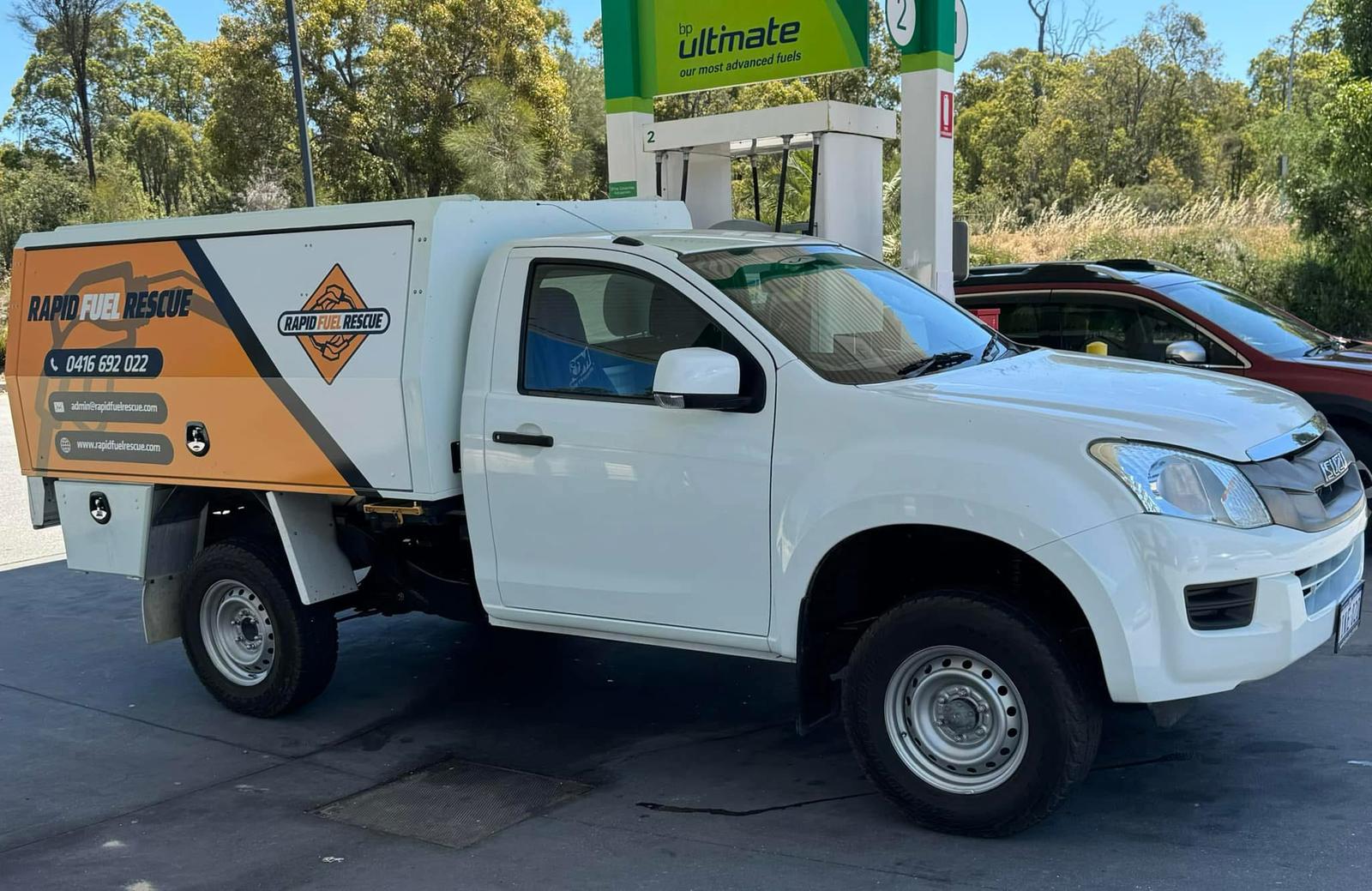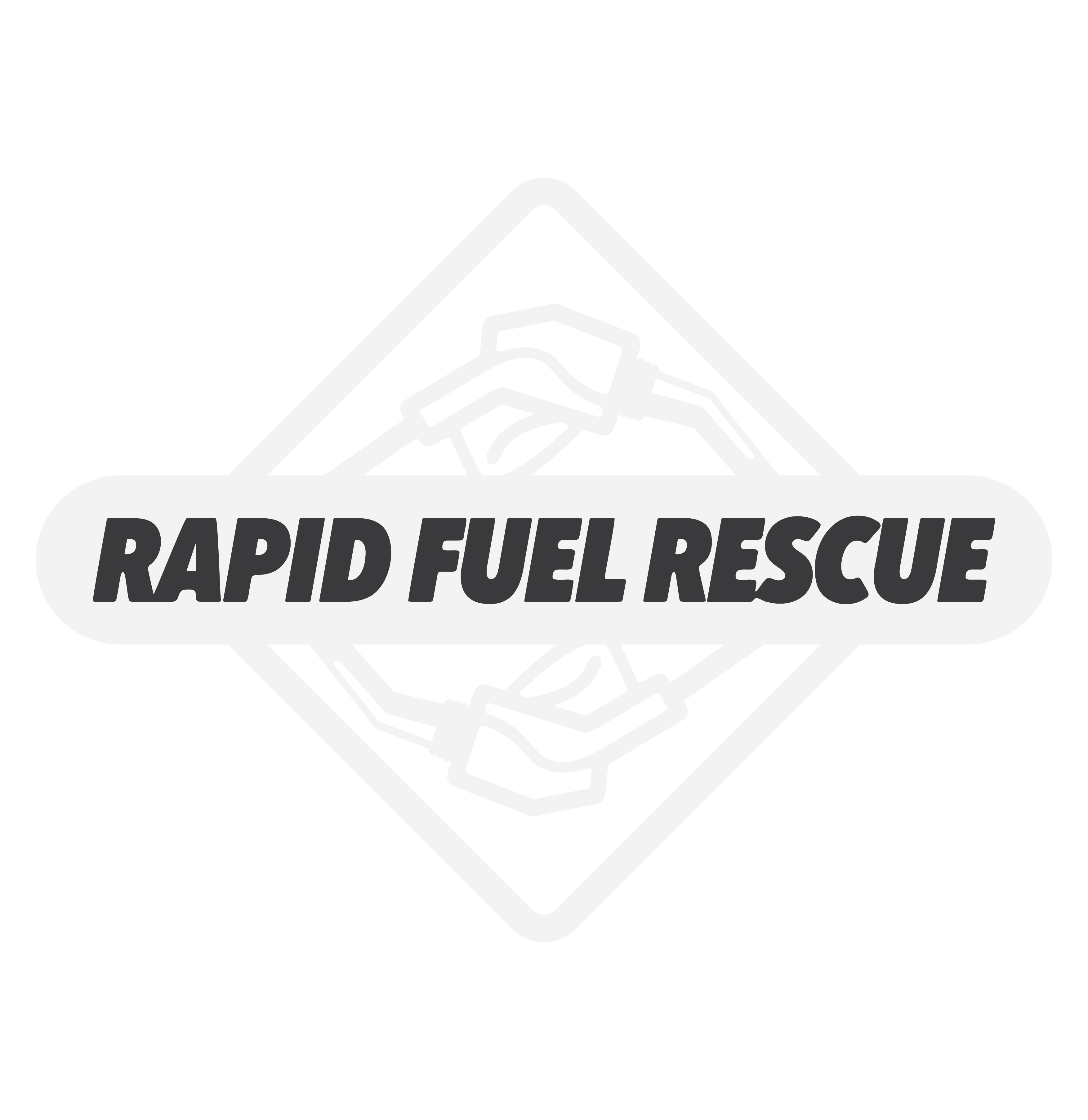Understanding Fuel Types and Engine Design
To understand why wrong fuel causes damage, we need to understand the fundamental differences between petrol and diesel, and how each type of engine is designed to work with its specific fuel.
The Chemistry of Petrol vs. Diesel
Petrol (gasoline) and diesel are both petroleum products, but they have very different chemical properties:
Petrol Characteristics:
- Lower boiling point (30-225°C)
- More volatile and flammable
- Acts as a solvent
- Lower energy density
- Ignites with a spark
Diesel Characteristics:
- Higher boiling point (180-360°C)
- Less volatile, more stable
- Acts as a lubricant
- Higher energy density
- Ignites under compression
How Diesel Engines Work
Diesel engines operate on the principle of compression ignition. Air is compressed to extremely high pressures (and therefore temperatures), and when diesel fuel is injected, it spontaneously ignites due to the heat of compression.
Critically, diesel engines rely on the fuel itself to provide lubrication to the fuel pump and injectors. These components operate under extreme pressures and need this lubrication to function properly and last.
Why Petrol in Diesel is Serious
When petrol enters a diesel engine system, several problems occur simultaneously:
1. Loss of Lubrication
Petrol lacks the lubricating properties of diesel. When it reaches the high-pressure fuel pump and injectors, these components begin operating without proper lubrication. The result is increased friction and heat, leading to rapid wear and potential seizure of these expensive components.
2. Incorrect Ignition Timing
Petrol has a much lower ignition temperature than diesel. In a diesel engine's high-compression environment, petrol will ignite too early in the compression cycle. This causes "knocking" or "pinging" - essentially explosions occurring at the wrong time, which can damage pistons, rings, and cylinder walls.
3. Fuel System Damage
Petrol acts as a solvent, potentially damaging rubber seals, O-rings, and other components in the fuel system that were designed for diesel's different chemical properties.
How Petrol Engines Work
Petrol engines use spark plugs to ignite a precisely mixed air-fuel mixture. The fuel and air are mixed before entering the cylinder (in most modern engines), and ignition timing is controlled by the spark plugs firing at the exact right moment.
Petrol engines don't rely on fuel for lubrication in the same way diesel engines do - they have a separate oil system for this purpose.
Why Diesel in Petrol is Less Serious (But Still Bad)
Putting diesel in a petrol car is generally less damaging, but it will still prevent your car from running properly:
1. Won't Ignite Properly
Diesel requires much higher temperatures to ignite than a spark plug can provide. The engine will run roughly, misfire, produce excessive smoke, and likely stall.
2. Clogged Fuel System
Diesel is thicker and oilier than petrol. It can clog fuel filters, injectors, and spark plugs, preventing proper fuel delivery.
3. Catalyst Damage
Unburnt diesel passing through the catalytic converter can damage it over time, as these converters aren't designed to handle diesel's different chemical composition.
The Concentration Factor
The severity of wrong fuel damage depends heavily on the concentration of the wrong fuel:
- 5-10% contamination: May run poorly but usually won't cause permanent damage (diesel engines more susceptible)
- 20-30% contamination: Significant performance issues, risk of damage if driven
- 50%+ contamination: High risk of serious damage, especially in diesel engines
Modern Engines and Wrong Fuel
Modern common-rail diesel engines with their high-pressure fuel systems (operating at 25,000-30,000 PSI) are even more vulnerable to wrong fuel damage than older diesel engines. The precision components and extreme operating conditions mean even small amounts of petrol can cause serious problems.
The Bottom Line
The chemistry and engineering behind fuel types and engine design means that wrong fuel isn't just a minor inconvenience - it's a genuine mechanical threat. The best approach is prevention, but if it happens, immediate professional fuel drainage before starting the engine is crucial to avoiding expensive repairs.

